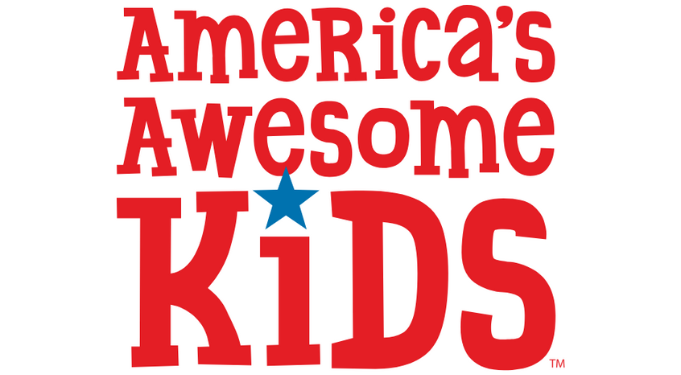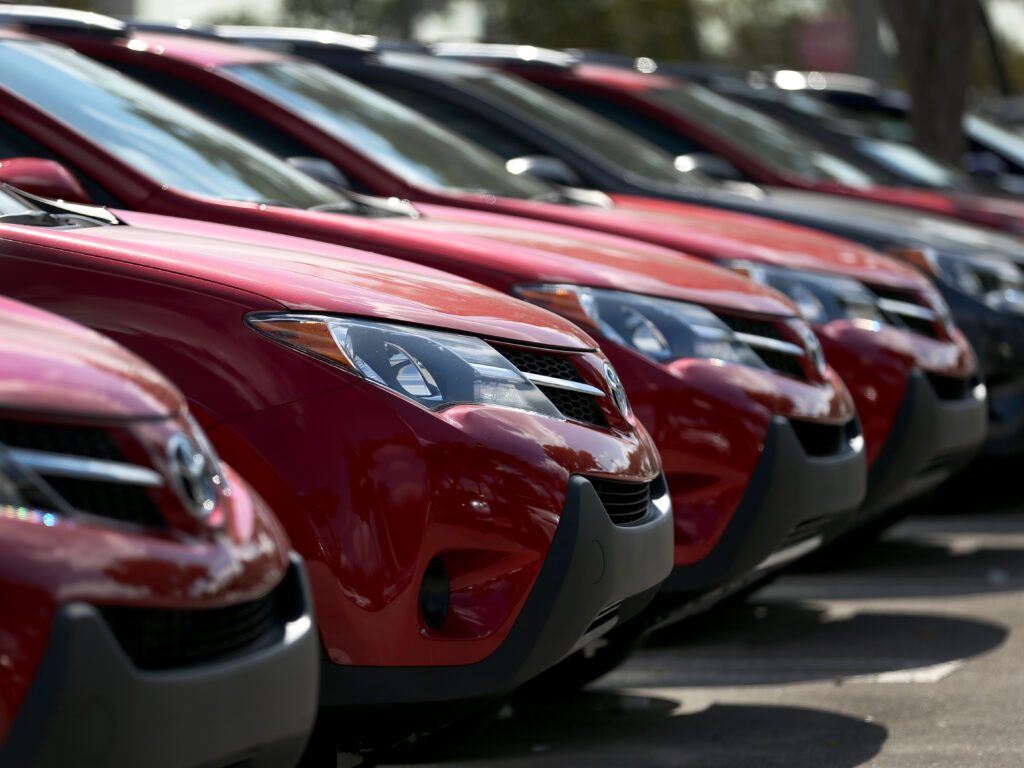The roughly 13,000 U.S. auto workers now on strike could affect West Virginia car dealers and customers in several ways.
Jared Wyrick, president of the West Virginia Auto Dealers Association, said striking workers representing all three Detroit automakers are targeting and shutting down plants.
“They’re targeting plants that make the more profitable vehicles, while minimizing the impact of the UAW strike fund,” Wyrick said. “They spared certain factories that produce the number one selling vehicles like the Ford F-150 and the Chevy Silverado and the RAM pickups. That leaves the union the option to make more damaging moves if the strike drags on.”
Wyrick’s association represents about 100 West Virginia car dealers. He said a prolonged strike will reignite an inventory challenge just now beginning to recover from pandemic supply chain issues.
“We were finally getting back to some normalcy, to pre-pandemic levels,” Wyrick said. “So, yes, this absolutely will exacerbate the problem.”
Labor and management remain far apart on proposed salary and benefit increases. The UAW demand is a 36 percent wage increase over four years. GM and Ford offered 20 percent and Stellantis, formerly Fiat Chrysler, offered 17 percent.
Wyrick said pay raises and higher car prices ultimately will come down on the backs of the consumer.
“They’re going to end up paying a good share of what this bargaining will end up being,” Wyrick said. “You will see an increase in prices based on what’s bargained and agreed upon.”
Wyrick said high interest rates are the largest impediment right now in selling vehicles, and a prolonged strike will push monthly payments even higher.























